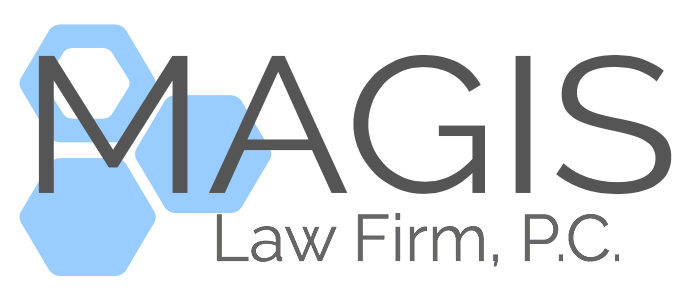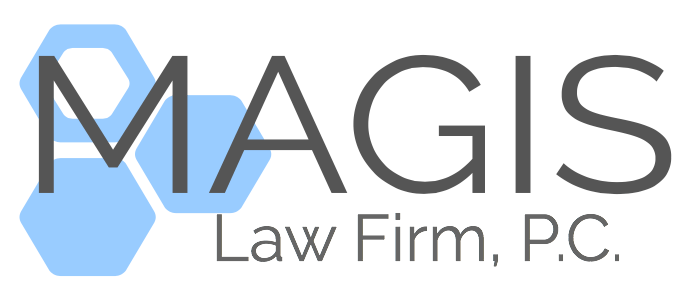Magis Law Blog
What is Pre-Market Notification or 510(k)?
The FDA establishes strict requirements for devices that are marketed to the US population. A premarket notification for medical devices, known as a 510(k), classifies a new project as the substantial equivalent of a device already classified by the FDA.
The Advent of Tele-Health
Particularly, due to COVID-19, an influx of medical professionals has begun to add tele-health services to their repertoire. These services allow patients, during a public health crisis, to have unfettered access to healthcare professionals who may not have otherwise been able to meet with a doctor.
Corporate Practice of Medicine Doctrine: An Overview
Certain companies and investors, particularly in the healthcare technology and telehealth sphere, may run afoul of the Corporate Practice of Medicine Doctrine (CPOM). Corporations may have a vested interest in starting healthcare and healthcare technology companies, but healthcare laws are promulgated, generally, for health care providers and medical professionals. Profits and patients are not often words written in the same sentence, as the honorable medical field is chosen by those individuals who are best suited for healing. The CPOM restrictions are designed to decrease the profit-oriented direction the medical field was heading into, and prevent medical management companies from interfering in the how medicine is practiced. More specifically, the CPOM, adopted in some form in most states, restricts ownership of an entity that bills and collects for healthcare services to licensed healthcare professionals. #healthcarelaw #healthcare #corporatepracticeofmedicine #CPOM
Pre-Market Approval of Medical Devices
Pre-Market Approval, known as PMA, is the Food and Drug Administration’s review process to evaluate the safety and effectiveness of Class III medical devices.
An Overview of Patent and Copyright Law
Copyright protection attaches to original works of authorship fixed in any tangible medium of expression, now known or later developed, from which they can be perceived, reproduced, or otherwise communicated, either directly or with the aid of a machine or device.
Advertisement in the HealthTech Industry
Depending on a HealthTech companies product or service, certain rules regulating the advertising of the product or service may apply. This section discusses three federal agencies that enforce certain advertising and labeling rules. There are Federal guidelines which outline how to commercially advertise and how to make sure your company is in compliance with all regulations. It is best to consult with a qualified HealthTech attorney.
Three Quick Tips for Marketing in the HealthTech Field
Much like brands seeking testimonials from their consumer base to prove the validity of their service or product, doctors often seek testimonials from impressed patients to prove the validity of their services. However, these claims, under HIPAA (Health Insurance Portability and Accountability Act of 1996) may breach the security offered to patients under the Act. It is best to consult with a qualified HealthTech attorney who can determine how to prevent a breach of patient information.
California Consumer Privacy Act
Few states explicitly recognize an individual’s right to privacy, a notable exception being California, where the right to privacy is enshrined in the state’s constitution. The California legislature has enacted several pieces of legislation aimed at protecting this right, most notably the California Consumer Privacy Act. Other states have followed suit by proposing their own data privacy statutes with varying degrees of protection and consumer rights.
Understanding HIPAA: Business Associates
Under the Health Insurance Portability and Accountability Act (HIPAA), a covered entity is required to have a written agreement with each of its business associates. The following generally defines a business associate and lays out the necessary steps covered entities must take to ensure HIPAA compliance with their business associates; contact a healthcare attorney to determine whether your arrangements meet the business associate rules under HIPAA.
LET US KNOW HOW WE CAN HELP
REQUEST A FREE 30-MINUTE CONSULTATION
Any information transmitted to Magis Law Firm, P.C. through this website does not establish an attorney-client relationship and, unless you are already a client, any information provided by you will not be treated as confidential in any way. You also acknowledge that you have read and understood the Website Terms of Use and Privacy Policy.









